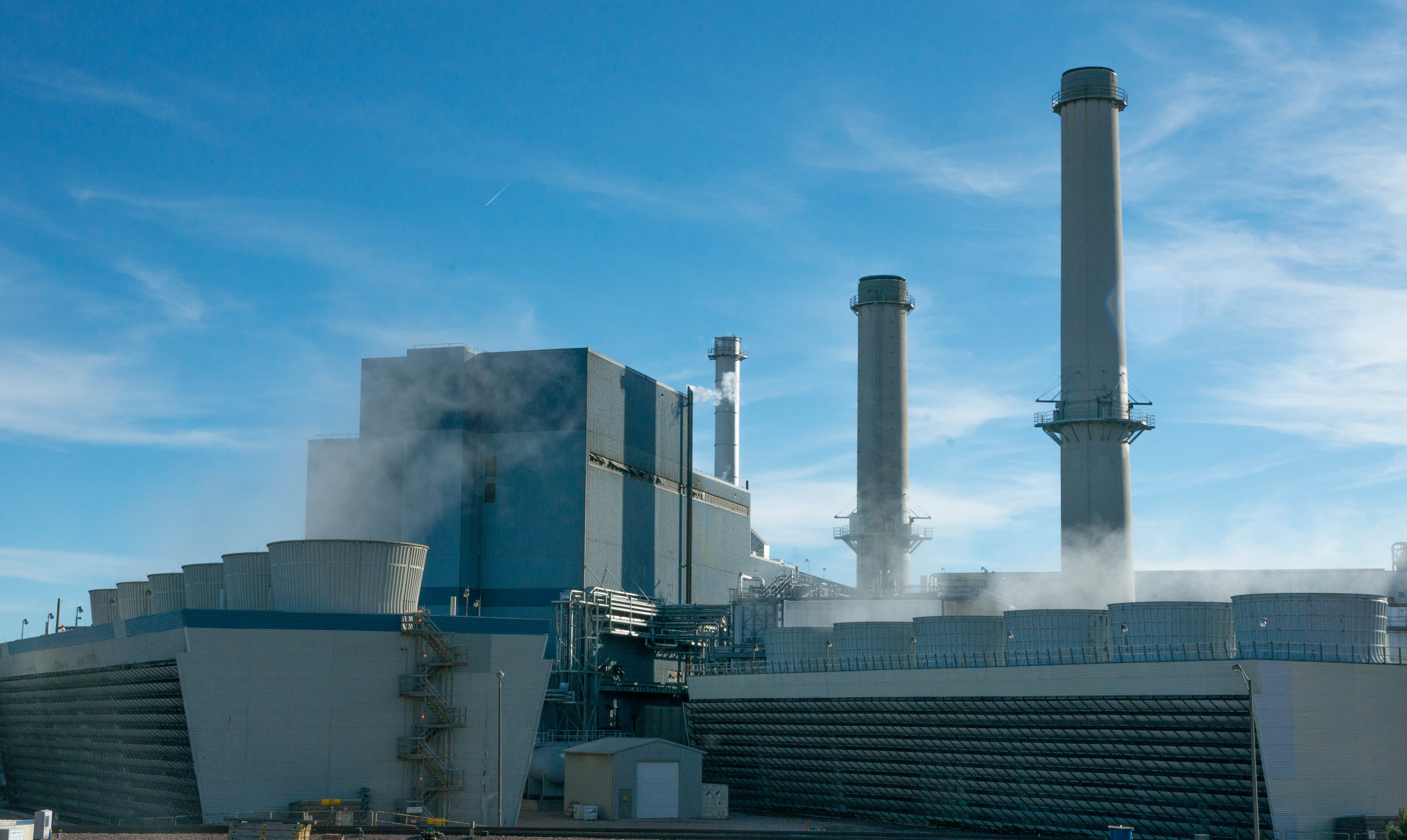Local clean-air advocate Nicole Rosa filed a civil lawsuit in the El Paso County District Court Feb. 9 against the City of Colorado Springs (COS), the Colorado Springs Utilities enterprise (CSU) and former CSU energy supply manager George Luke. The complaint claims that the purchase and installation of an air pollution control system at the Martin Drake power plant was improper and damaged ratepayers. Rosa objects to the higher costs and untested nature of the Neumann Systems Group (NSG) pollution scrubbers.
The lawsuit claims that the sole-source contract with NSG signed by Luke on Sept. 29, 2011 violated CSU procurement regulations by failing to get competitive bids for other sulfur dioxide (SOx) scrubbing systems and that the city acted improperly by “engaging in speculative investments of unproven technology.”

She says that statements made by CSU and Luke supporting the sole-source contract were “intended solely to distract from the real issue of there being competitive products which should have been part of a rigorous bidding process for such a high dollar expenditure of CSU ratepayer money.”
These “breaches in fiduciary duty were unreasonable and conducted willfully, wantonly and without regard to Plaintiff Rosa’s and similarly situated ratepayers clearly established rights,” says the complaint.
Rosa is seeking class-action status to represent some 210,000 Colorado Springs ratepayers and is asking for “compensatory damages, punitive damages, filing fees, and other reasonable costs.” The complaint also asks for “a declaration voiding the faulty basis for the approval of the Neuman (sic) sole source contract set forth in the Sole Source Justification & Approval form and a declaration confirming the rights of the ratepayers to rely on the proper application of the CSU procurement ordinances going forward.”
It is unclear what the impact of this last request might be and how it might affect the operation of the scrubbers and the power plant. Attorney David Hannum of the Sanders Law Firm, who filed the lawsuit, declined to comment saying “I believe the complaint speaks for itself.”
The experimental nature of the technology and difficulties with installing it at the Martin Drake power plant eventually drove the 2014 estimated cost of $121 million to nearly $200 million. The contract obligated NSG to pay the city a percentage of its profits as partial compensation for the city’s investment in the development of the new technology.
But that revenue stream never appeared. Citing a downturn in the use of coal-fired power plants, increases in the use of natural gas to produce electricity, and difficulties in trying to market its product in China, NSG closed its doors in June of 2017.
In an April, 2015 article the Colorado Springs Business Journal wrote, “While Neumann testing was in progress, CSU hired a consulting engineering firm, Stanley Consultants, to determine the price of conventional scrubber technology that would bring Drake into compliance with new environmental regulations expected to go into effect in 2017.
The reports put the 2010 capital cost of lime spray drier [LSD] sulfur dioxide [SO2] removal systems for Drake units 6 and 7 at $157.7 million.
That estimate was updated to $212 million by CSU in February using standard metrics to determine cost escalation of large-scale industrial construction projects.”
The technology developed by NSG was an offshoot of physicist and NSG CEO David Neumann’s work in military laser research. It involved a “highly advanced and compact gas-liquid contactor.” The technology uses “dense, high-surface area jets” of chemicals and water that the exhaust from the coal-burning boilers pass through. The result is the removal of oxides of sulfur (SOx), oxides of nitrogen (NOx) and, according to NSG, carbon dioxide (CO2). The pollutants are chemically converted into gypsum, a mineral used to manufacture wall board used in construction.
In an April 21, 2017 open letter announcing NSG’s impending closure, CEO David Neumann wrote, “In short the scrubbers performance is significantly greater than required by regulation and operating cost is significantly less than expected.”
“We’ve invested roughly 200 million dollars in the scrubbers,” said City Councilman Andy Pico in a Dec. 15, 2017 interview, “Those scrubbers are in fact working great, contrary to some of the people saying so. It does meet the EPA standards. It is in attainment of all the required measures.”


